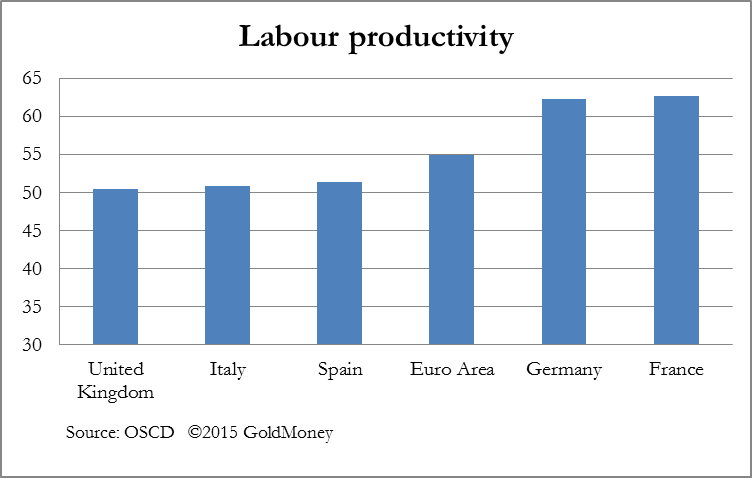In an exciting development, the Conservatives have announced employee-owned cooperatives for the public sector:
A Conservative government will give public sector workers a powerful new right to form employee owned co-operatives to take over the services they deliver. This will empower millions of public sector workers to become their own boss and help them to deliver better services.
This is the most significant shift in power from the state to working people since the sale of council houses in the 1980s, which gave millions of people across Britain greater freedom, security and control over their lives.
The new right to form employee owned co-operatives will apply throughout the vast majority of the public sector – including JobCentre Plus offices, community nursing teams and primary schools. Employee owned co-operatives will continue to be funded by the state so long as they meet national standards, but will be freed from centralised bureaucracy and political micromanagement. They will be not-for-profit organisations – any financial surpluses will be reinvested into the service and the staff who work there, rather than distributed to external shareholders.
Over the years, our Chief Executive, Dr Tim Evans, has written a great deal on mutual, co-operative and worker ownership. See for example This Stockholm Network Paper. We are delighted that the policy debate is moving in this direction.




I disagree. This misunderstands the difference between profit management and bureaucratic management, and the situations where one or the other is applicable. See Ludwig von Mises’ Bureaucracy for clarification. It also misunderstands the nature of ownership, employment contracts, and the role of the skills of capital allocation and resource management in the division of labour.
Hi Bruno,
The John Lewis Partnership method is profit making for all the partners. Partners from the clearner to the CEO shares the rewards of profit. The shareholders are the partners. I have no problem with this at all and it would seem to me to be fully consistent with the workings of a free market.
Now as it would be applied to say a hospital, I think this is a very valid method to allocate capital as the partners would seek to satisfy the most customers to get the most reward leading to the best resource allocation. I think it is a very bold and brave move for a mainstream politician.